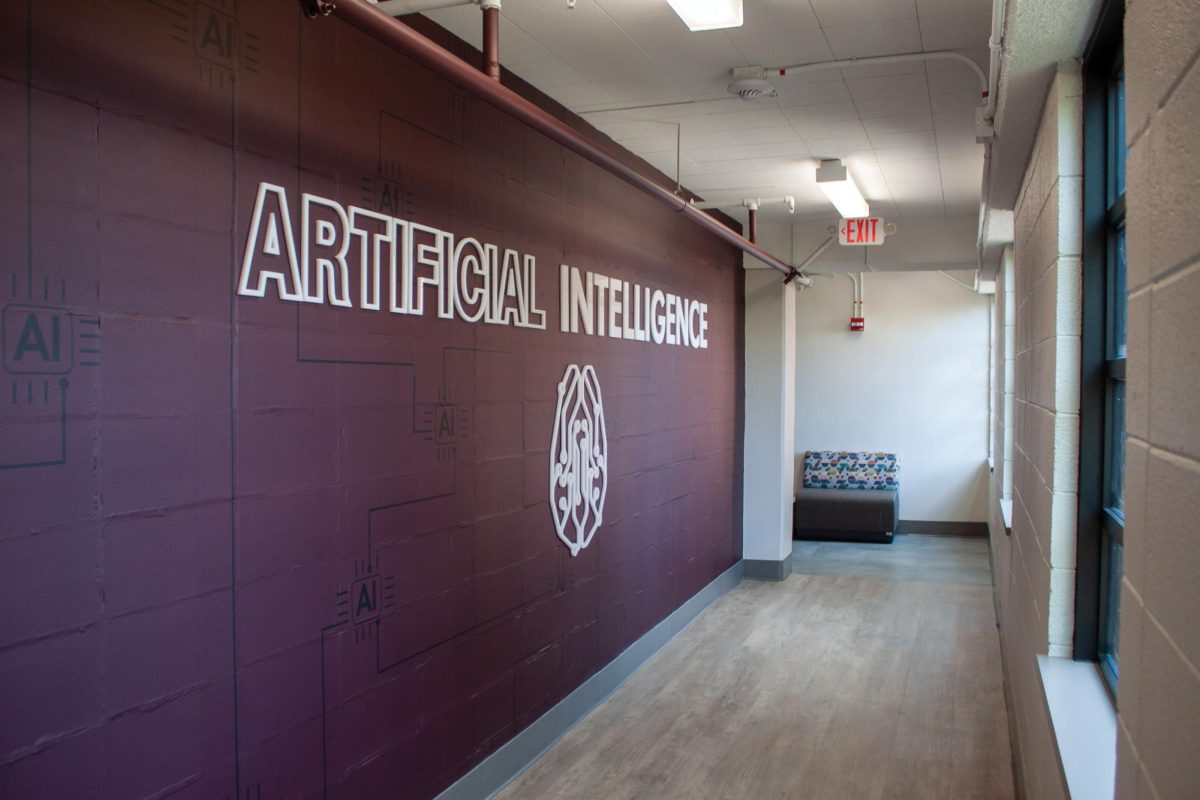The James Worth Bagley College of Engineering launched one of the country’s first artificial intelligence degree programs in August. Modeled after Carnegie Mellon University’s AI program, the coursework includes foundational computer science courses, AI fundamentals and unique courses in psychology, math and cognitive science.
Students progress from core computer science courses to AI-specific ones, culminating in a capstone project.
Shahram Rahimi, the department head of the Department of Computer Science and Engineering, said the program aims to prepare students for diverse AI-related jobs in cybersecurity, manufacturing and healthcare sectors.
“A lot of jobs are going to be converted because of AI being able to do it,” Rahimi said. “For instance, the capabilities ChatGPT has might replace some of the jobs that exist today, but even, also, add these new jobs that come with AI experiences and education to fill for those kinds of jobs, to build those kind of chatbots and technologies.”
Rahimi said the engineering department recognized the need to build and adjust to AI’s rapid growth in the nation and has been adding courses over the past few years to start meeting the requirements of an AI major program. Rahimi also said the number of AI courses offered at MSU is one of the highest in the SEC.
“We have been going towards getting this program done for the past four, five years,” Rahimi said.
Rahimi mentioned that many people now are nervous about the implications of developing AI.
“I want to say I would like to see that fear of AI drop because then you have more education in this area and more graduates, and you see more of these people in the community and the workplaces,” Rahimi said. “And I’m hoping that people see how this AI, what this AI can bring into the economies, especially for the state…one of the reasons we did this program is to put our state on the front of the rest of the nation in doing these kinds of things.”
Andy Perkins, the associate department head of the Department of Computer Science and Engineering, explained more about the program’s requirement for students to take classes on AI applications.
“We have a course that’s AI for cybersecurity, and it’s how do you use artificial intelligence techniques to do things like detect malware or detect intrusion into computer systems,” Perkins said. “Similarly, we have AI for robotics, because we have some people here in the department, some professors studying how can you use AI to allow robots to make decisions about what they do? And we also have AI for science various for example, I work in biology, so we can apply AI to discover things for biological data. So, the students get to apply these in a variety of areas.”
The new program has seen strong enrollment, positive feedback and significant interest. Faculty members are also involved in developing national AI program standards.
Adyson Poole, the academic records assistant for the Department of Computer Science and Engineering, said she has been excited to share news about the new AI major.
“I think looking at the numbers now, we’ve had about 20 already transfer over or get admitted into the program,” Poole said. “These are our founding members of this degree program, and they’ll graduate in four years because they’re starting fresh and new.”
Poole also said that the new program is very popular with freshman and transfer students who came to MSU this year.
“Not only are they going to be starting to say they’re also starting this new AI degree, but from what I’ve seen, it’s been a really big hit when we go to table and stuff and talk to students individually,” Poole said. “I’ve given out probably over 250 informational packages just about AI in the last two weeks.”
As AI continues to be implemented into society, Rahimi said he would like to see the fear of AI drop more in education and graduates in the communities and workplaces. He also explained that he hopes to see more students join the program all over the globe.
“You naturally get more accustomed to those types of technologies and those kinds of training,” Rahimi said, “then you would feel safer and secure with it. And I’m hoping that people see how this AI, what this AI, can bring into the economies.”



















